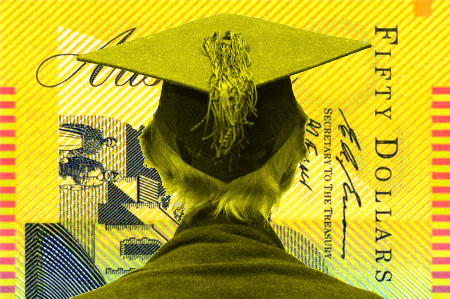Pay drives teacher shift
 State school principals say private schools are luring teachers away from the public sector with better salaries.
State school principals say private schools are luring teachers away from the public sector with better salaries.
Teaching jobs advertised in inner-city private schools are offering base salaries up to $160,000, while rural principals report high offers in the regions too.
The private school salaries are tens of thousands of dollars higher than the state system can offer most teachers, with a state school classroom teacher's base salary topping out at $113,000 in NSW and $112,000 in Victorian schools.
With Australia in the grips of a teacher shortage, public school principals cannot compete on pay and conditions.
The Victorian Education Department says it is doing all it can to retain teachers and to entice retired teachers back to the profession, offering thousands of dollars in bonuses for roles in hard-to-staff and regional schools around the state.
The state is even handing out cash payments for teachers to relocate from overseas into hard-to-staff schools.
In NSW, the latest public school enterprise agreement delivered a three per cent pay rise for teachers from June last year, but is still falling short of the money teachers can make at a private school.
The state is also working on “Excellence in Teaching” reforms being led by Melbourne University expert John Hattie, which would see the top 10 per cent of teachers paid salaries on par with school deputy principals.
But NSW public schools are still underfunded according to allocations set out in the Gonski funding agreements.
The Commonwealth has prioritised qualified teachers as part of its expanded skilled migration program, and has announced it will extend the current five-year funding deal for both public and private schools by one year, to allow time for a funding review.
However, this means that the government's in-principle commitment to lifting funding for public schools will be delayed for another year, which is likely to see public schools continue losing teachers to the private sector.
Federal Education Minister Jason Clare says he agrees that “pay is important”, but said fixing entrenched equity problems would take time and money.







 Print
Print